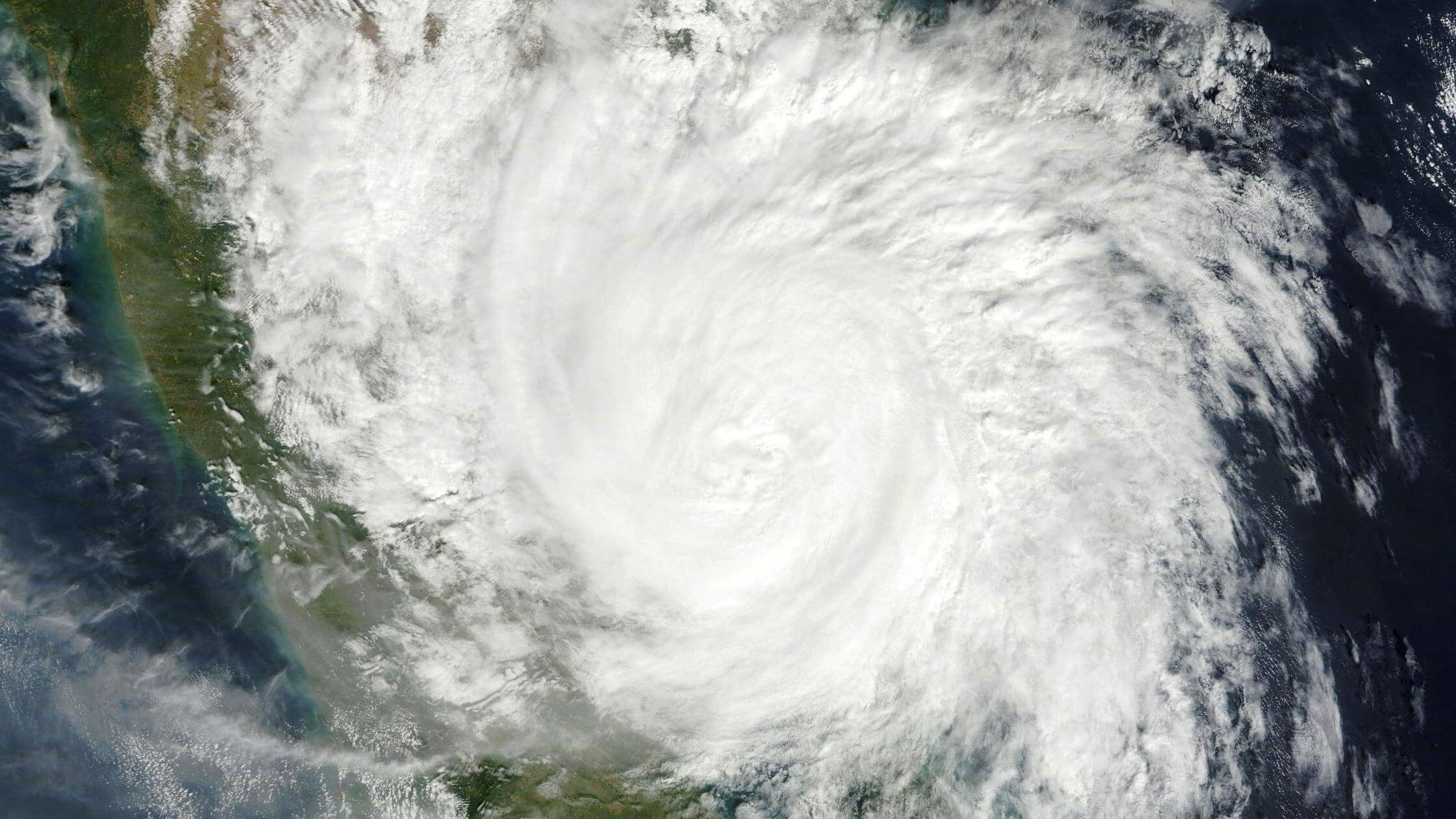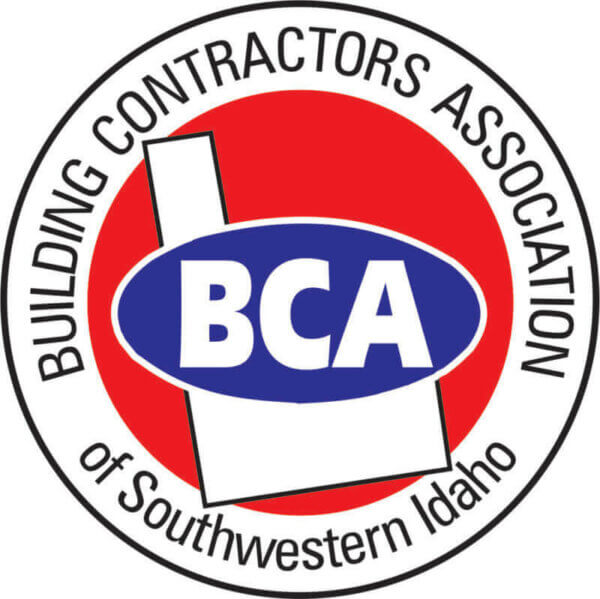Protecting Your Home From Natural Disasters
If you live in an area that is susceptible to natural disasters such as hurricanes, floods, and tornados, homeowners insurance may cover the financial aspect of your home, but it may not provide much in the way of educating you on how to minimize the damage incurred in such an event, or even how to prevent the loss of life or limb. In these cases, there are a few different preventive measures you can take to protect yourself, your loved ones, and minimize the likelihood of a total loss in case a natural disaster touches down in your neighborhood.
Floods and Flooding
The first step to protecting your home from flooding is to determine your area’s base flood elevation, or BFE. This is the height that water is expected to rise in high-risk areas. Once you have this number, which a local floodplain manager can help you find, the next steps you should take to minimize your potential damage include:
- Elevate your home’s utilities above the BFE. Elevate all water heaters, furnaces, and electrical appliances twelve inches above the BFE using concrete foundations or masonry.
- Install flood vents. These vents are installed in the foundation of your home, and allow water to flow freely, preventing structural damage.
- Use flood-resistant drywall. These are less susceptible to the rigors of water damage, and can be cleaned and sanitized.
- Elevate your home. By moving your home’s lowest floor above the BFE, you can reduce the odds of major structural damage.
Hurricanes
With winds pushing over 200mph and driving rains, hurricanes can cause massive damage to coastal areas susceptible to them, including homes. Here are ways you can reduce their impact.
- Cover your windows. Board up your windows with spare lumber or pallets to prevent them from being shattered by flying debris.
- Store/secure outside items. Anything that is not secured can become a highly-damaging projectile. Be sure these are safely stored and/or secured.
- Strap down your roof. Hurricanes are strong enough to partially or completely remove your roof. Secure it with hurricane straps to help prevent this from happening.
- Check/re-caulk your windows and doors. A heavy rain after/during a strong wind can cause water damage. Make sure your home is properly sealed before the storm hits.
Tornadoes
Similar to hurricanes but more common inland, tornadoes generate strong winds that can cause major property damage and result in catastrophic loss. To reduce their impact, follow the below suggestions:
- Ensure your gutters are secure and in good repair. Loose or damaged gutters can become hazards in windy conditions. Make sure that they are properly secured and in good working order.
- Learn how to turn off your home’s utilities. In the event of a water/electric line break, it will be necessary to turn these off to prevent further hazards.
- Keep trees trimmed. Weak or dead branches can quickly break off and become projectiles. Regularly prune trees to prevent this from occurring in the event of a tornado.
- Reinforce your home’s weak spots. Garage doors and utilities exposed to the elements can quickly succumb to high winds and precipitation. Buying reinforced versions of these items can help prevent future damage.






